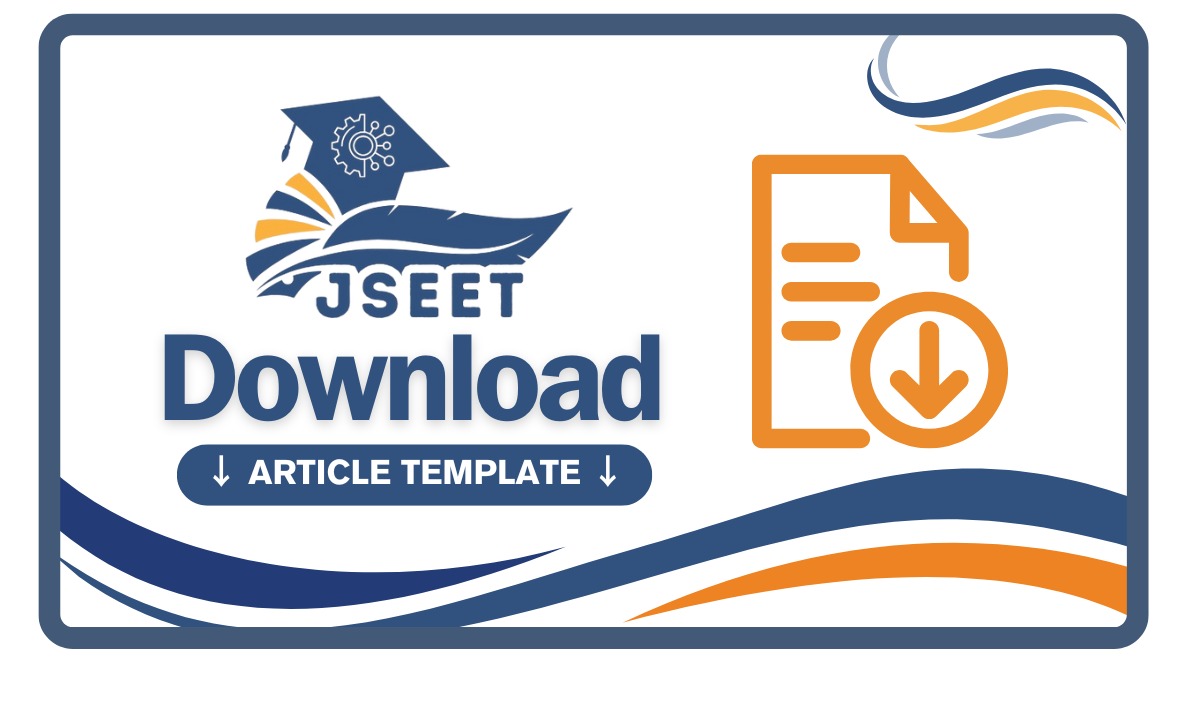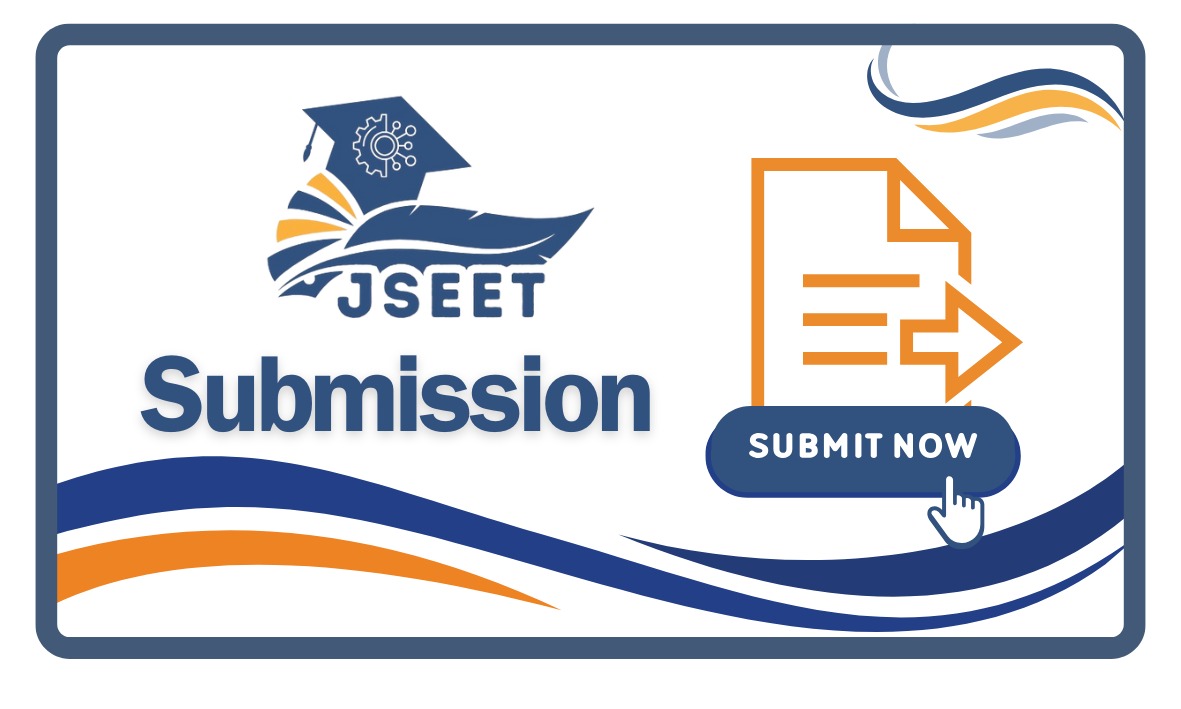Publication Ethics
Journal of Smart Education and Emerging Technology (JSEET) is committed to upholding the highest standards of publication ethics and takes all possible measures against any publication malpractices. The Editorial Board is responsible for, among others, preventing publication malpractice. Unethical behavior is unacceptable, and this journal does not tolerate plagiarism in any form.
Authors who submitted articles affirm that manuscript contents are original. Furthermore, the authors’ submission also implies that the manuscript has not been published previously in any language, either wholly or partly, and is not currently submitted for publication elsewhere. Editors, authors, and reviewers within this journal are fully committed to good publication practice and accept the responsibility for fulfilling the following duties and responsibilities, as set by the COPE Code of Conduct for Journal Editors.
Section A: Publication and Authorship
- All submitted papers are subject to a strict peer-review process by experts in the field.
- The review process is double-blind peer-review.
- Review factors include relevance, soundness, significance, originality, readability, and language.
- Possible decisions: acceptance, acceptance with revisions, or rejection.
- Revision and resubmission does not guarantee acceptance.
- Rejected articles will not be re-reviewed.
- Acceptance is constrained by legal requirements (libel, copyright infringement, plagiarism).
- No research can be included in more than one publication.
Section B: Authors’ Responsibilities
- Manuscripts must be original work and not published elsewhere.
- Submissions must not be under consideration by another journal.
- Authors must participate in the peer-review process.
- Authors are obliged to provide corrections or retractions of mistakes.
- All authors must have significantly contributed to the research.
- Data in the manuscript must be real and authentic.
- Conflicts of interest must be disclosed.
- All sources must be properly cited.
- Errors found after publication must be reported to the editors.
Section C: Reviewers’ Responsibilities
- Confidentiality of manuscripts must be maintained.
- Reviews should be objective and constructive, without personal criticism.
- Reviewers should provide clear arguments supporting their feedback.
- Relevant published work not cited by authors should be identified.
- Editors must be alerted about any substantial similarity or overlap with other works.
- Reviewers must avoid reviewing if conflicts of interest exist.
Section D: Editors’ Responsibilities
- Editors have full authority to reject or accept an article.
- They are responsible for the content and overall quality of the publication.
- Editors should consider the needs of authors and readers in improving the journal.
- Quality and integrity of academic records must be guaranteed.
- Corrections and errata must be published when necessary.
- Editors should be transparent about research funding sources.
- Decisions must be based on importance, originality, clarity, and relevance.
- Reviewer anonymity must be preserved.
- Research material must conform to internationally accepted ethical guidelines.
- Editors must act on suspected misconduct and pursue resolution.
- No paper should be rejected without proof of misconduct.
- Conflicts of interest among staff, authors, reviewers, and board members must be avoided.







 Email :
Email : 
